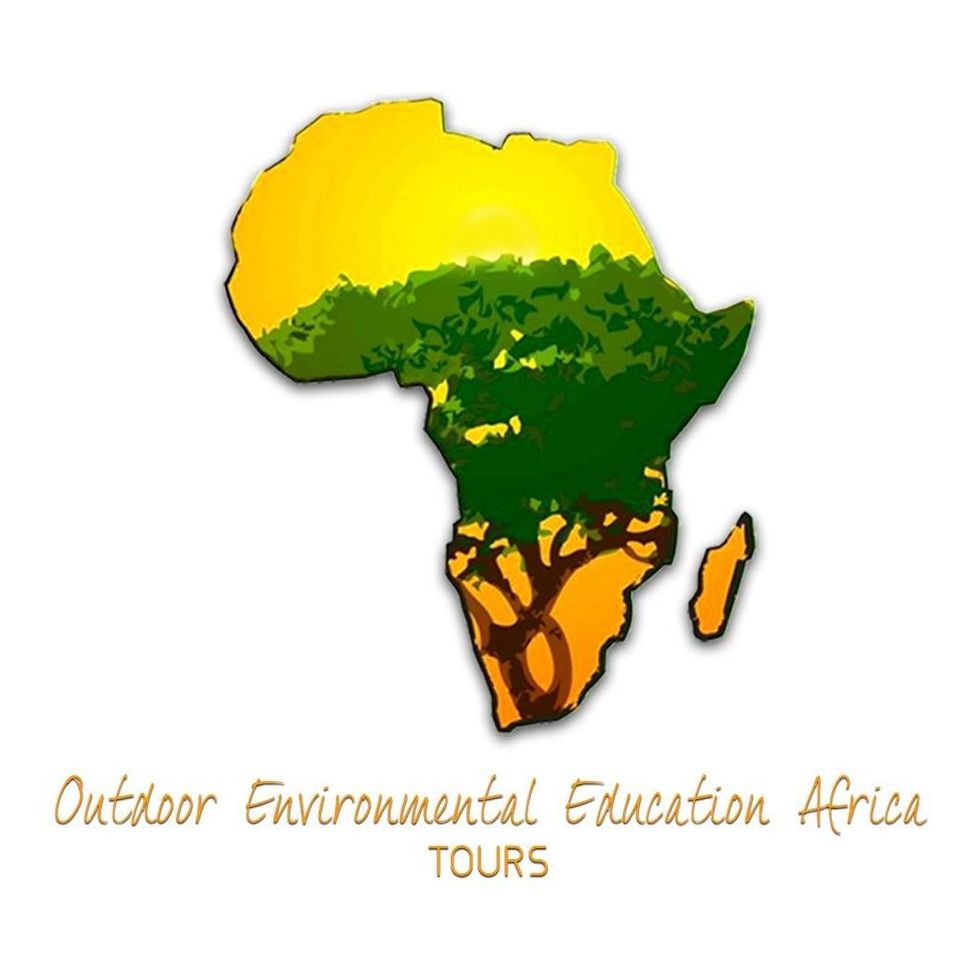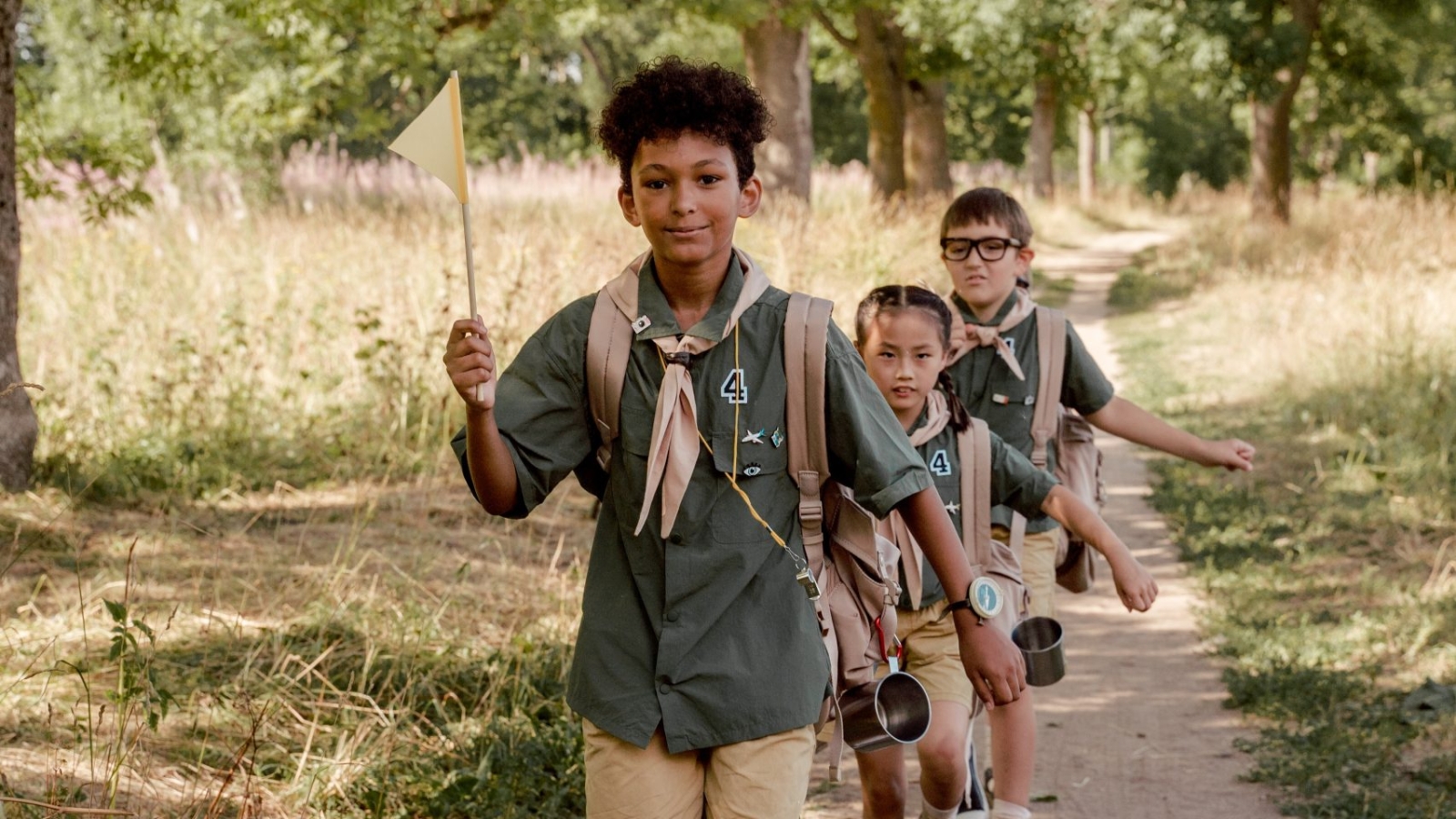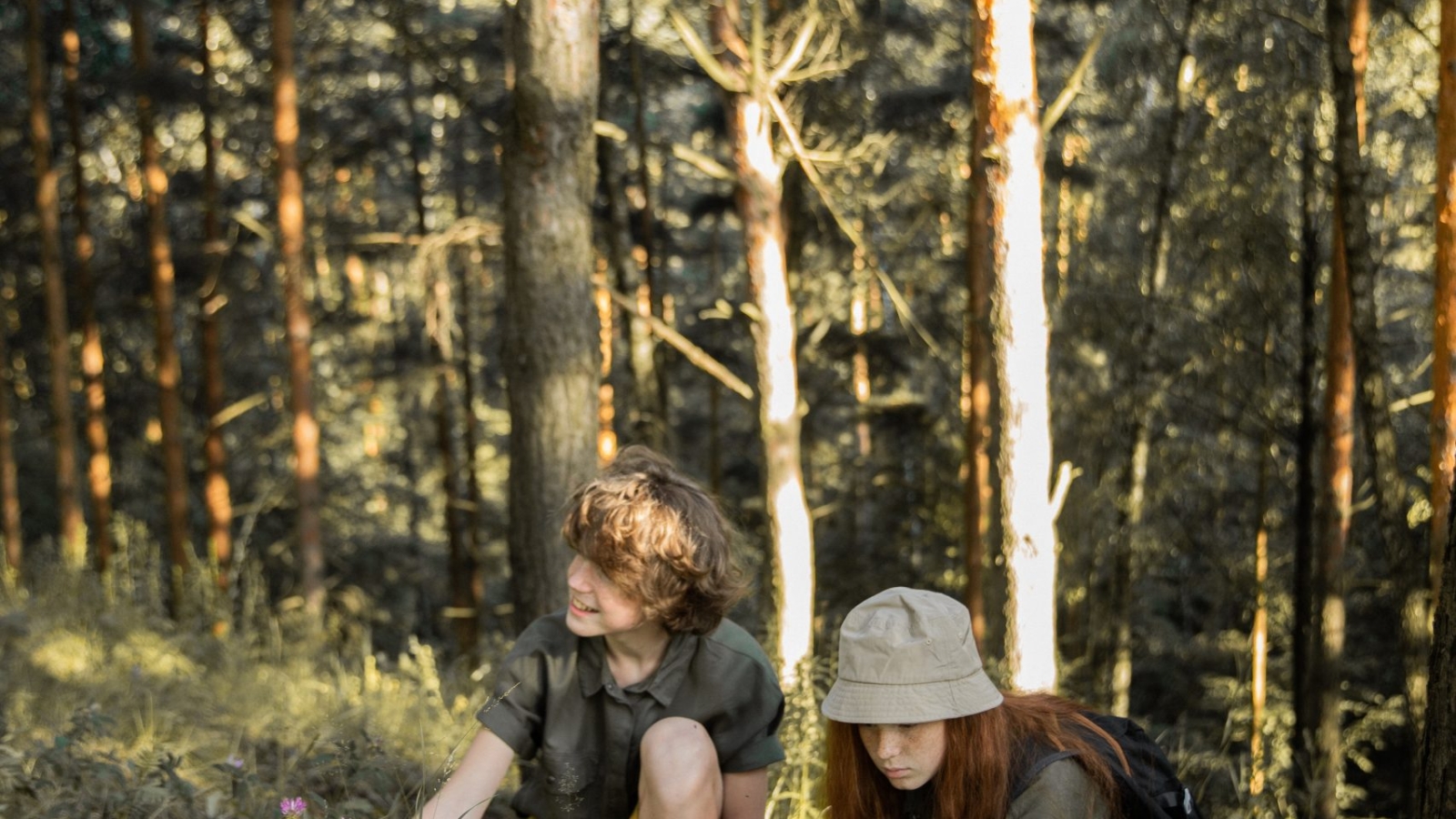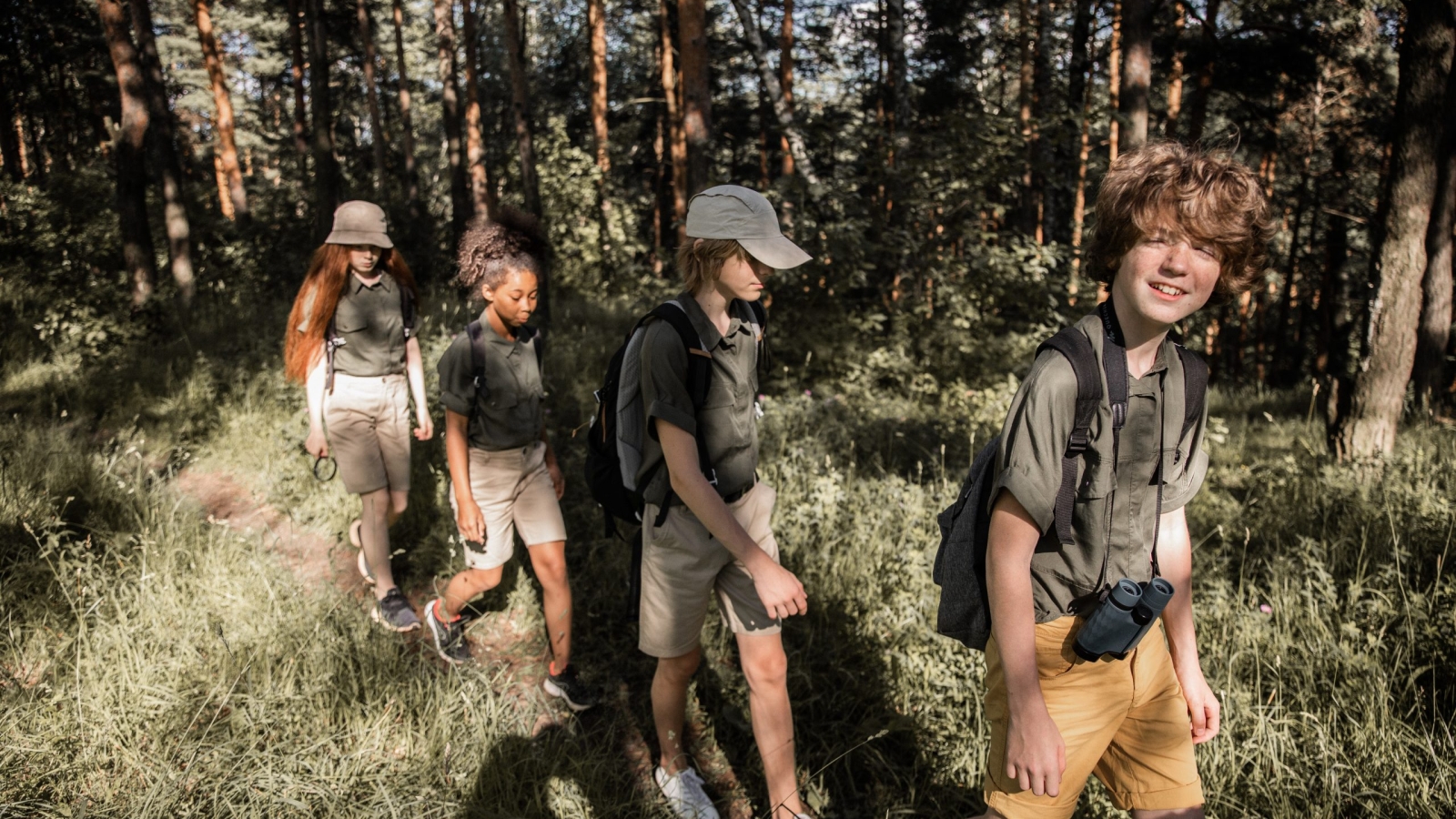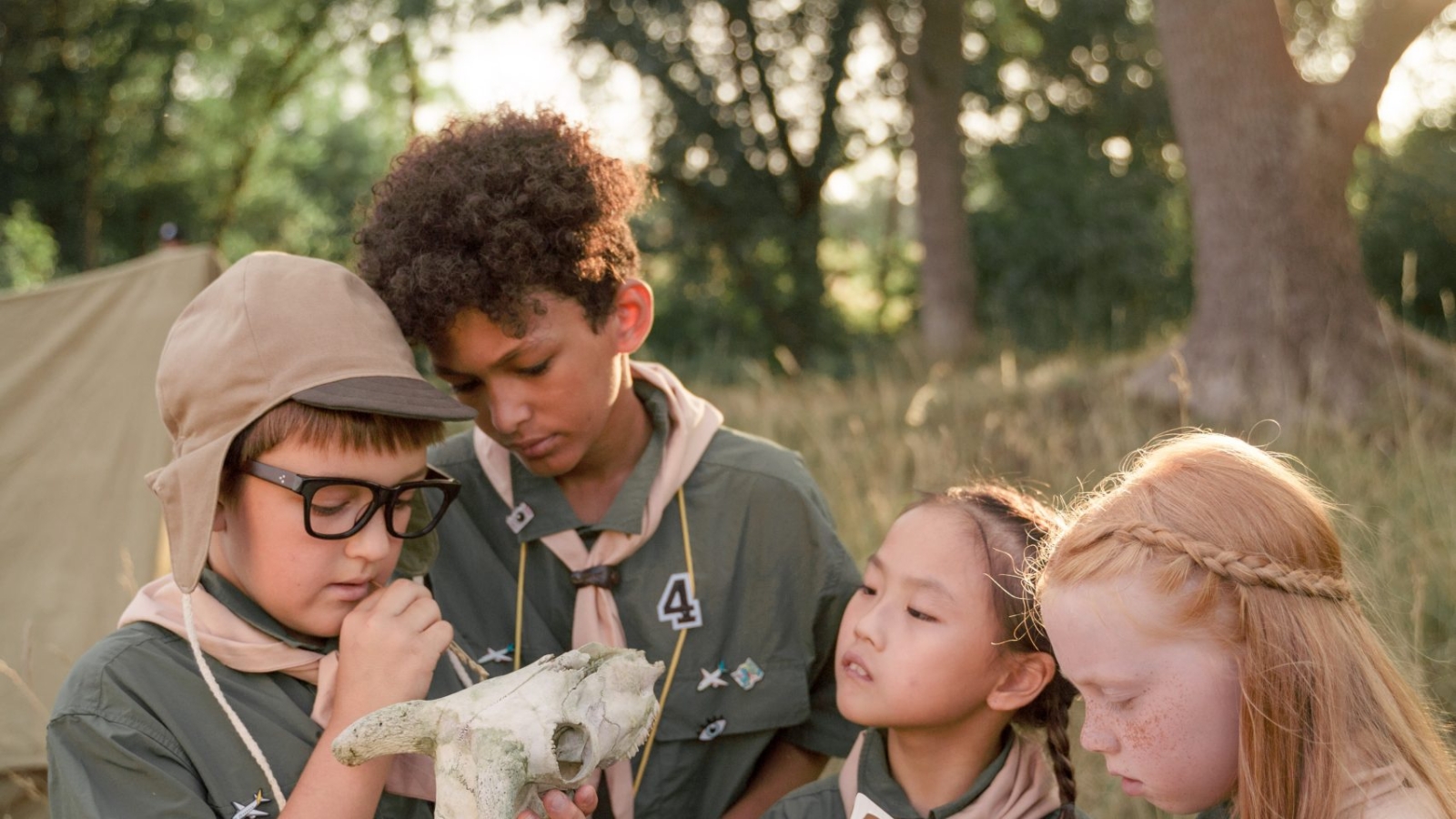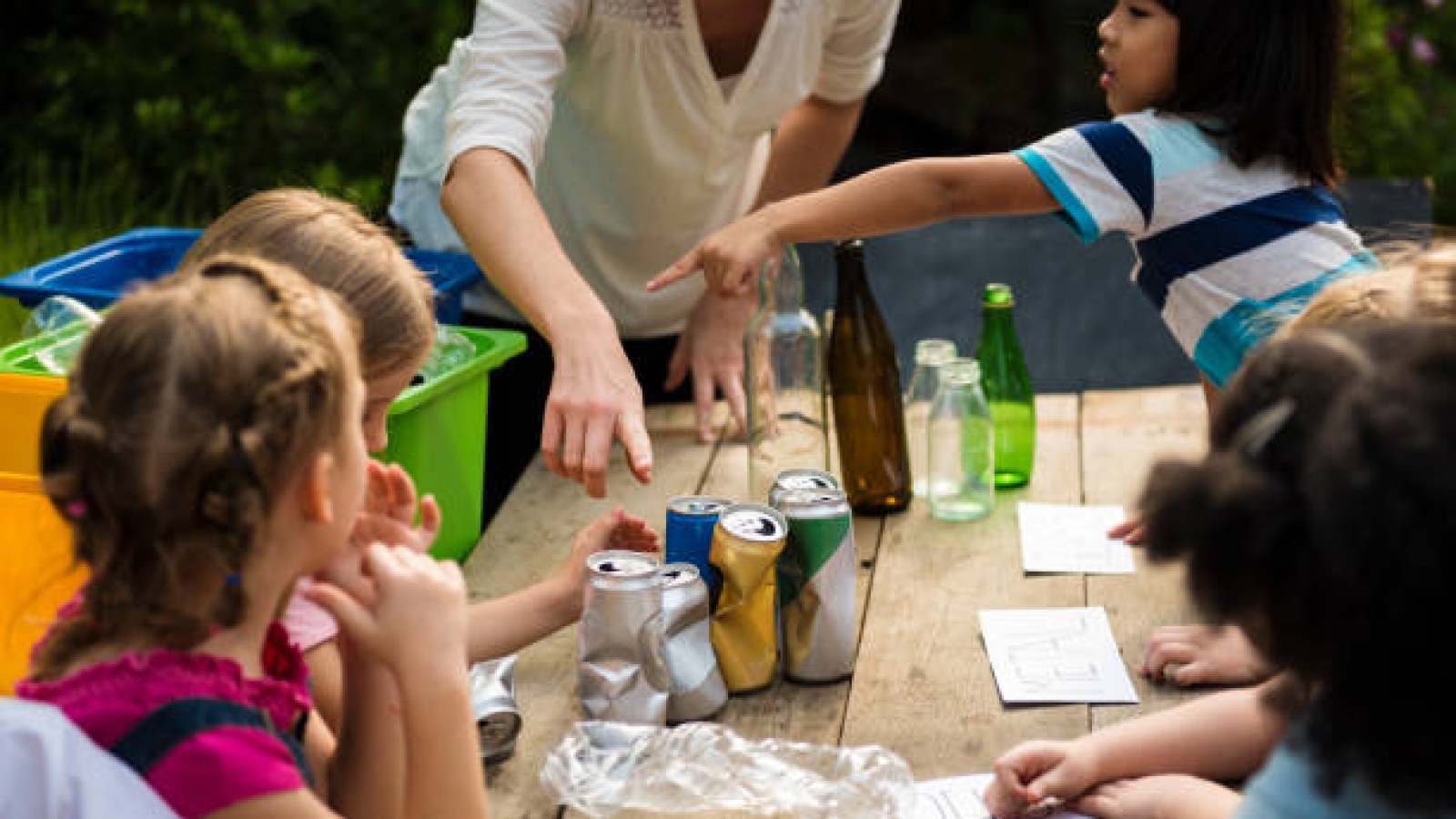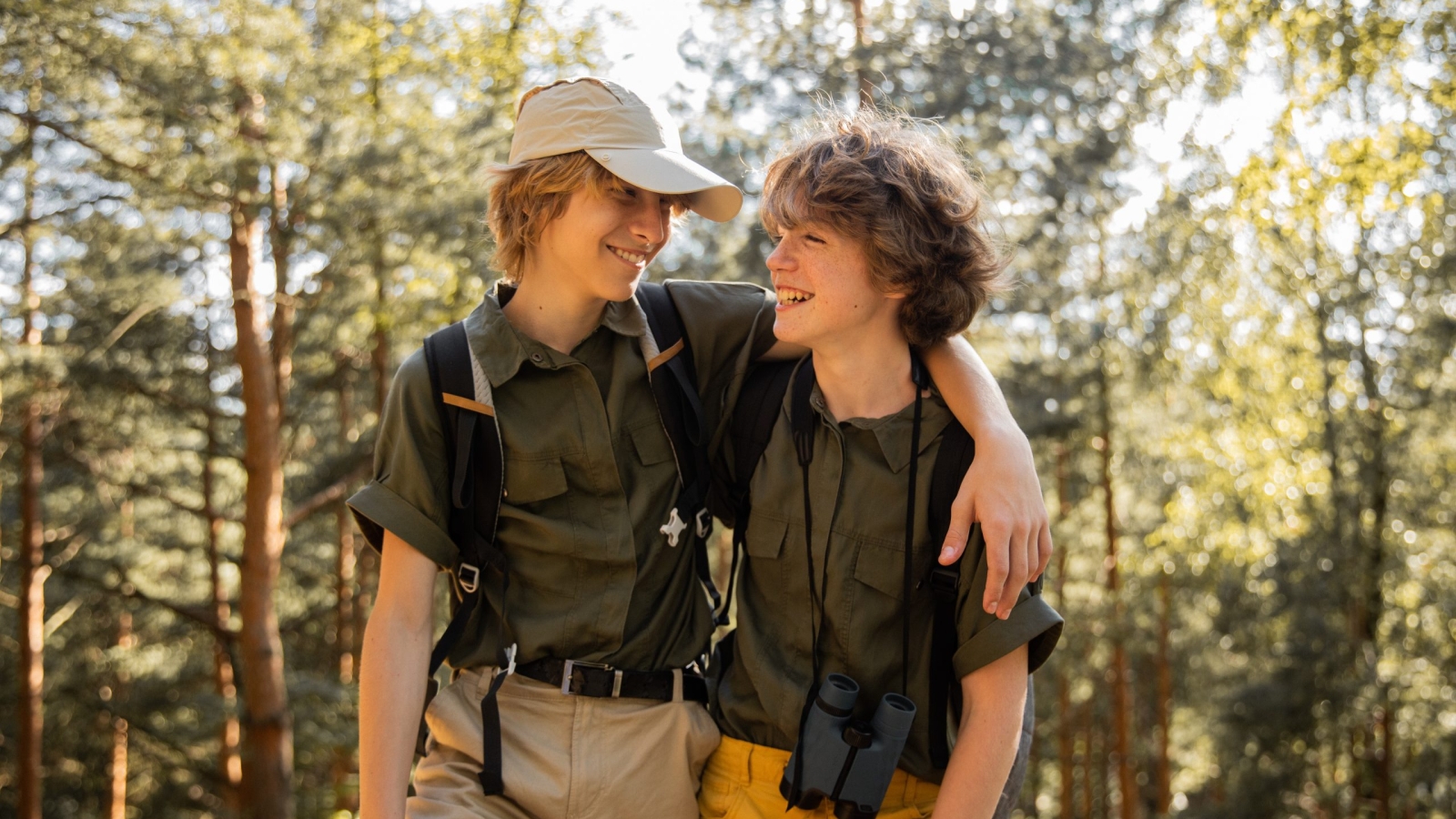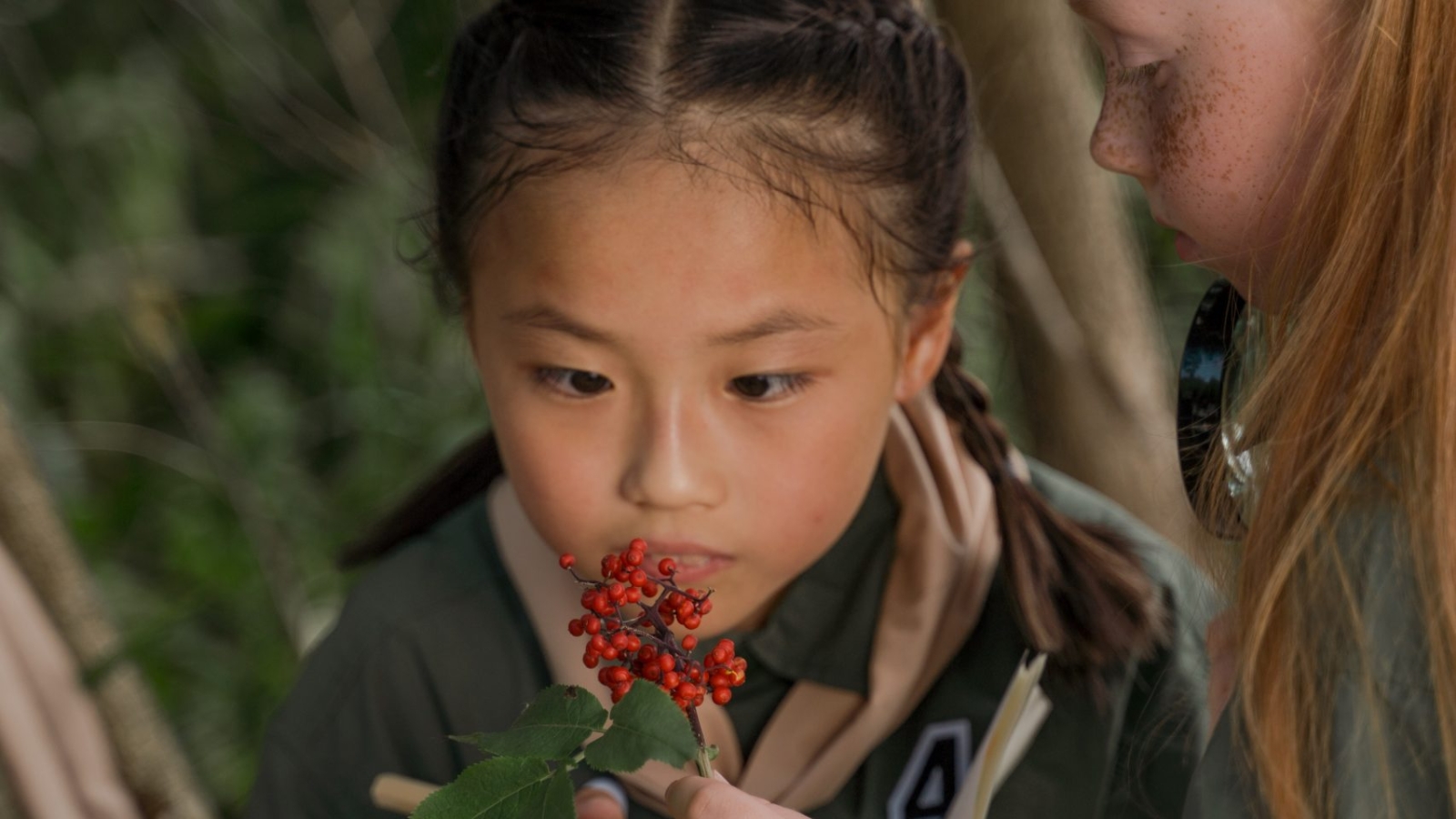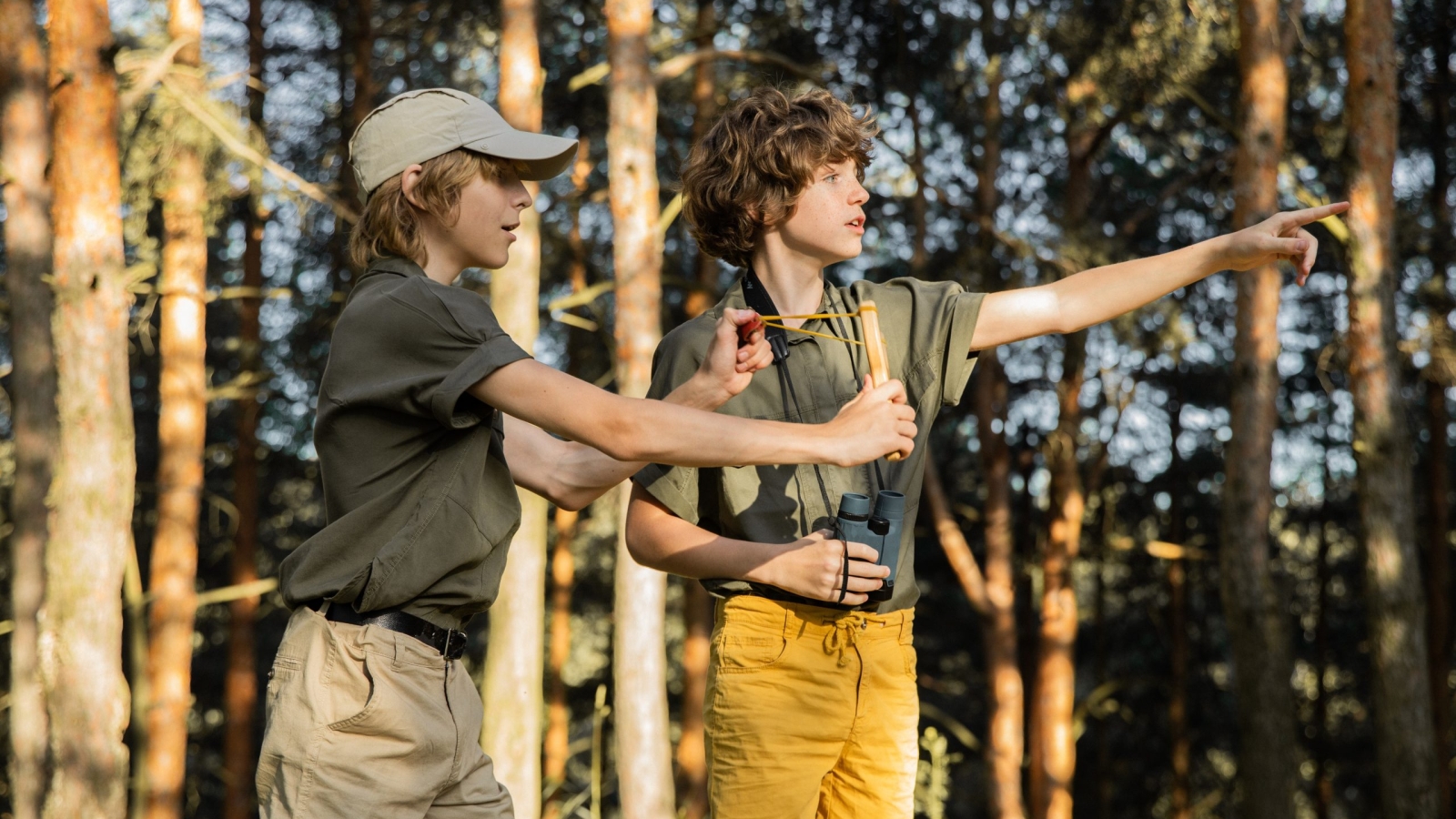Schools are going green! Don’t let eco-hurdles hold you back from joining the movement. Here’s how to overcome them and create an eco-friendly learning environment for future generations.
How can environmental education be integrated into other subjects, such as science, social studies, and language arts?
Environmental education has become increasingly important in today’s world as we face a multitude of environmental challenges. In order to ensure that future generations are equipped to tackle these challenges, it is essential that we integrate environmental education into other subjects taught in schools, such as science, social studies, and language arts.
Integrating environmental education into science classes is perhaps the most obvious choice, as it is a subject that deals directly with the natural world. Science teachers can incorporate lessons on ecology, conservation, and climate change into their curriculum, helping students understand the interdependent relationships between different organisms and the impact of human activity on the environment. For example, students could learn about the water cycle and the ways in which pollution affects this natural process. They could also learn about the various renewable energy sources and their advantages over non-renewable sources.
Social studies classes can also be used as a platform for environmental education. Students can learn about the social, economic, and political factors that contribute to environmental degradation and the importance of sustainability. Teachers can encourage students to think critically about issues related to environmental justice, such as the disproportionate impact of pollution on marginalized communities. Students could also explore the ways in which different cultures have approached environmental conservation and the challenges that arise when different values clash.
Finally, language arts classes can provide opportunities for students to explore environmental issues through literature, poetry, and creative writing. For example, students could read novels or poems that deal with environmental themes and use these as a starting point for discussions on the role of literature in shaping our attitudes towards the natural world. They could also engage in creative writing exercises that challenge them to think about the impact of their own actions on the environment and the ways in which they can make a difference.
Incorporating environmental education into other subjects can help students develop a holistic understanding of the environment and its relationship to society. By learning about the environment through different lenses, students can develop critical thinking skills and gain a deeper appreciation for the interconnectedness of all living things. In addition, environmental education can help students develop a sense of responsibility towards the environment and motivate them to take action to protect it.
In conclusion, integrating environmental education into science, social studies, and language arts classes can provide valuable opportunities for students to learn about the environment from multiple perspectives. By equipping students with the knowledge and skills to understand and address environmental challenges, we can help ensure a more sustainable future for our planet.
Eco Warriors: How Schools Inspire Green Action!
Schools are the perfect breeding ground for eco warriors – young, passionate, and eager to make a difference. From recycling programs to community gardens, schools are leading the way in inspiring green action among future generations. With their enthusiasm and creativity, these eco warriors are changing the world one school at a time.
Greening up the Classroom: Top Teaching Tactics for Eco-Education!
Eco-Education Made Fun: Top Teaching Tactics for Greener Classrooms!
Make it hands-on: Eco-education can be made fun by incorporating hands-on activities that engage students in the learning process. Activities such as creating a classroom garden, composting, or conducting a waste audit can be great ways to teach students about sustainable practices while also making learning enjoyable.
Use games and simulations: Games and simulations are another way to make eco-education fun. There are many online games and simulations available that teach students about environmental issues such as climate change, deforestation, and pollution. Teachers can also create their own games and simulations to fit their classroom curriculum.
Create a green team: Creating a green team made up of students who are passionate about the environment can be a great way to engage students in eco-education. This team can take on projects such as recycling initiatives, energy-saving campaigns, or organizing a school-wide Earth Day celebration.
Transforming Your Classroom: Greening Up Your Teaching for a Better Future
Incorporate sustainability into the curriculum: One of the most effective ways to green up your teaching is by incorporating sustainability into the curriculum. Teachers can do this by including lessons on sustainable practices, environmental issues, and the impacts of human actions on the planet.
Use sustainable materials: Teachers can also green up their teaching by using sustainable materials in the classroom. This can include using recycled paper, non-toxic cleaning products, and energy-efficient lighting. Teachers can also encourage students to bring reusable water bottles and lunch containers to school.
Model sustainable behavior: Teachers can model sustainable behavior for their students by practicing what they preach. This can include turning off lights and electronics when not in use, conserving water, and reducing waste. Teachers can also encourage students to take on sustainable practices at home and in their communities.
In conclusion, eco-education is an important part of preparing students for a sustainable future. By making eco-education fun and incorporating sustainability into the curriculum, teachers can engage their students in the learning process and promote responsible and sustainable behavior.
How can schools incorporate environmental education into their curriculum?
Schools can go green by incorporating eco-friendly practices and environmental education into their curriculum. By doing so, students can learn about important environmental issues, such as climate change and pollution, and develop the skills needed to tackle these problems in the future. With a little creativity and a lot of enthusiasm, schools can make a big impact on the planet and create a brighter, cleaner, and more sustainable future for all.
Let’s Teach Kids About Our Planet’s Future!
As our planet faces countless challenges, it’s more important than ever to teach kids about taking care of our environment! From recycling to reducing waste, there are countless ways to make a positive impact. Let’s inspire the next generation to create a brighter, greener future!
The Value Of Outdoor Education
Environmental education is the process of teaching children about the natural world and how to protect it. This type of education is important for primary school learners because it helps them develop a sense of responsibility and stewardship for the environment. It also helps them understand the impact of human actions on the natural world and how to make positive changes to protect the planet.
There are many ways to incorporate environmental education into the primary school curriculum. One effective method is through hands-on activities and field trips. For example, students could visit a local nature reserve or park to learn about different plant and animal species, or participate in a beach clean-up to learn about the impacts of pollution on marine life.
Another way to teach environmental education is through interactive lessons and projects. For example, students could create a compost bin to learn about the benefits of composting, or plant a school garden to learn about the importance of biodiversity. These types of activities allow students to learn about environmental issues in a hands-on, experiential way.
Another important aspect of environmental education is teaching students about the role of renewable energy sources, such as solar and wind power. This helps students understand the importance of reducing our reliance on fossil fuels and finding ways to generate energy sustainably.
One way to teach about renewable energy is through interactive demonstrations, such as building a solar oven or a model wind turbine. These activities allow students to see the principles of renewable energy in action and understand how they can be used to power our homes and communities.
In addition to hands-on activities, there are also many resources available to teach environmental education in the classroom. For example, teachers can use educational films, books, and websites to help students learn about environmental issues and how to protect the natural world.
Overall, environmental education is an important aspect of primary school education. It helps students develop a sense of responsibility and stewardship for the environment and understand the impacts of human actions on the natural world. By incorporating hands-on activities and interactive lessons, teachers can help students learn about environmental issues in a fun and engaging way.
7 MAJOR BENEFITS OF TAKING YOUR STUDENTS ON A SCHOOL TOUR
A school trip is what everyone is looking for. Teachers and students alike look forward to the time when school tours will be held. Not only will it be refreshing for everyone, but it will also leave a lasting impression on students and keep them motivated to study for the rest of the year. Travel preparation is always essential on any tour. Rather, they can benefit from them in many ways. Here are some amazing benefits of taking students on school trips:
Improving critical thinking skills:
We live in a rapidly evolving world with fierce competition in nearly every area of life. The job opportunities we see today didn’t exist about 10 years ago. Likewise, ten years from now will bring a new dimension of job opportunities, and it is important that students are prepared for the challenges of the future. Unfortunately, due to local curricula and resource cuts, teachers are unable to teach students real soft skills. Therefore, in this case, a school trip offers them a good opportunity. It helps you learn problem-solving, communicate effectively and learn more real-world skills while traveling.
Effective learning:
The classroom environment is monotonous. It helps you study the syllabus effectively, but shifting the learning process to real-life situations leads to better perceptions. Children have the experience of a lifetime. Taking students on trips abroad helps them learn how to navigate the entire travel process, allowing students to interact and adapt to environments foreign to them.
Curriculum enhancement:
School trips are usually conducted for educational purposes. However, they play an important role in helping children understand what they have learned in the classroom. For example, trips to historical sites and museums, and excursions to factories and industrial areas help children better understand what they have learned theoretically. Moreover, it helps to increase interest in studying and make the process more enjoyable.
Foster healthy bonds between teachers and students:
In the classroom, few students are able to form a healthy bond with their teacher, because the situation depends on who studies well. Traveling gives each student the opportunity to bond with their teachers and see them in an environment where they don’t have to stand there with the expression and rigor necessary to maintain a class.
exposure:
Domestic and international school trips provide ample exposure for students and help them better understand cultural differences and diversity between countries. In addition, we understand why it is important to understand world affairs and have a deep knowledge of cultural differences.
Suitable for hands-on students:
You may have heard of people quitting school because it wasn’t for them or because they didn’t get the learning experience they hoped for. However, not all students read books or learn through a theoretical approach to teaching. For such children, school trips are encouraging. They will benefit most from such an informal learning environment.
Make Memories:
What’s better than creating lifelong memories that we will cherish for the rest of our lives? In addition, spending time with classmates and enjoying exploring new places helps students develop strong bonds with them. can be built.
Result:
School trips are a great way to have an effective learning experience coupled with many fun and recreational activities. We plan a tour for students and allow students to make the most of their academic life.
